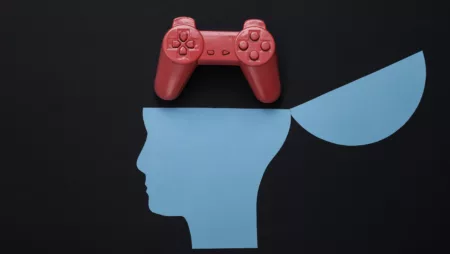
Capturing the Digital Footprints of Video Game Play
We’re developing an open source method of collecting behavioural video game data, to allow for rigorous science without relying on direct collaboration with industry.
Welcome! I’m a psychologist and lifelong video game player researching how gaming affects mental health. This includes both positive impacts such as stress relief and social support, and negative impacts such as frustration and gaming at the expense of other responsibilities such as work and school.
To achieve these research goals, I work with games industry companies like Nintendo to build data-sharing partnerships. This is necessary because the effects of gaming derive from the quality, rather than quantity of play. In other words, the most important factors are what people play, why they play, with whom, etc—not just how much they play. Our best opportunity to explore these factors is by accessing the detailed behavioural data that games companies generate and hold.
A broader goal of my work is to make psychological research on games more transparent and trustworthy, so as to reduce biases in the kinds of results that are sought or published—biases that are unfortunately common throughout games research and social sciences more broadly. More details about how I try to support transparent research are available on my website.
Please feel free to contact me about anything related to video games, mental health, disordered or addiction-like gaming, and similar topics—or perhaps if you just need a recommendation for your next game.
Video games, psychology, mental health, wellbeing, data sharing, digital behaviour

We’re developing an open source method of collecting behavioural video game data, to allow for rigorous science without relying on direct collaboration with industry.

This project will collect and share detailed behavioural game data donated by players to help us understand how the quality and quantity of online play shapes human motivation and mental health.

30 April 2025
New Oxford study offers roadmap for understanding video games’ complex impact on wellbeing

12 March 2025
New analysis finds that the number of hours spent playing Nintendo games did not significantly affect adults’ mental well-being, life satisfaction, emotional state, or depressive symptoms.

21 January 2025
With the rapid adoption of AI by children and adolescents using digital devices to access the internet and social media, OII experts call for a clear framework for AI research considering the impact on young people and their mental health.

25 September 2024
Playing video games can be good for your mood, according to a new international study from researchers at the Oxford Internet Institute, part of the University of Oxford.

msnbc.com, 30 April 2025
Video games can impact mental wellbeing in various ways, from fostering misogynistic views and loneliness to relieving stress and boosting memory, a new study suggests.
Toronto Star, 01 May 2025
The new paper in Technology, Mind, and Behavior provides the most comprehensive review yet of the links between gaming and mental health, its authors say.

The Independent, 30 April 2025
Researchers aimed to clarify the often-conflicting narratives surrounding this popular hobby